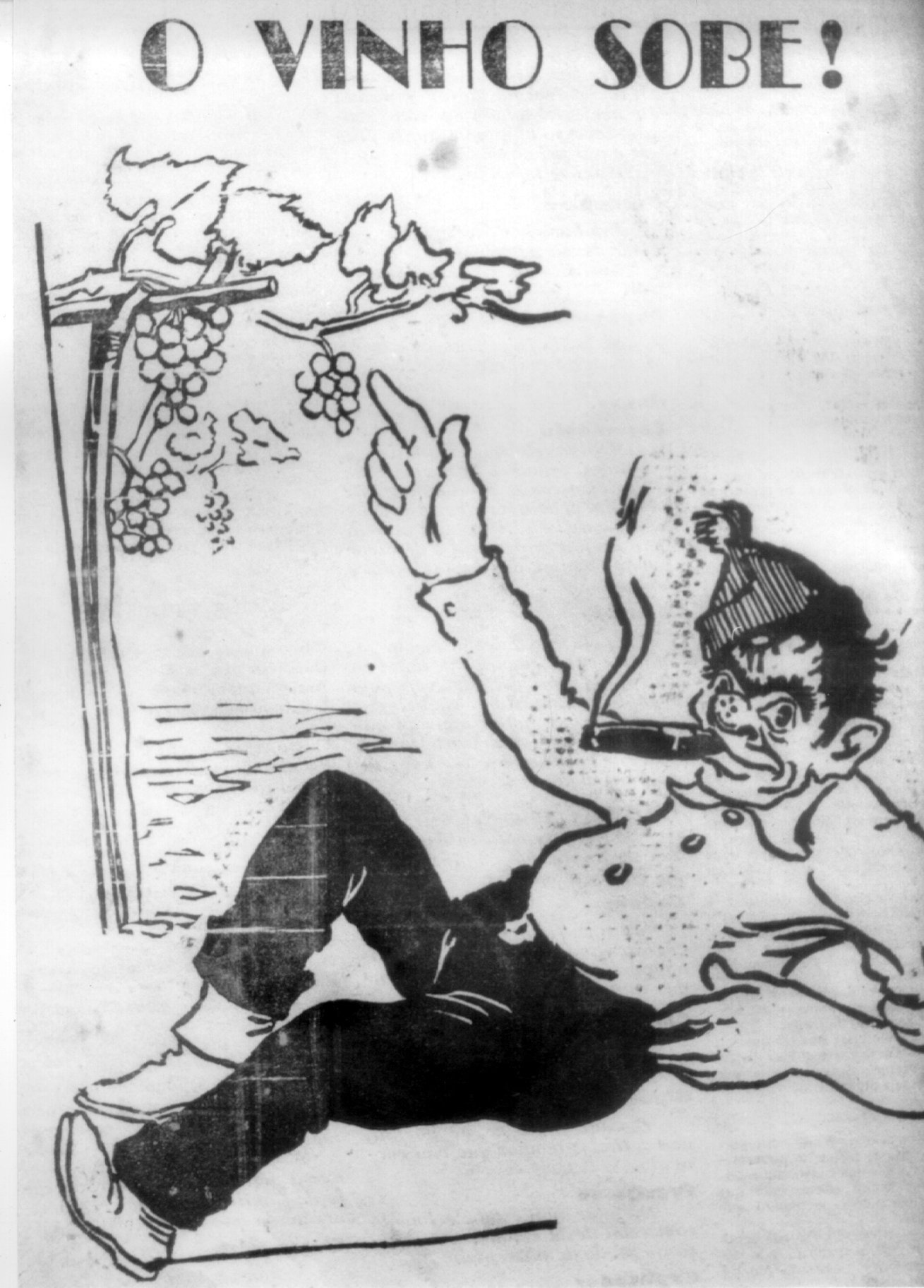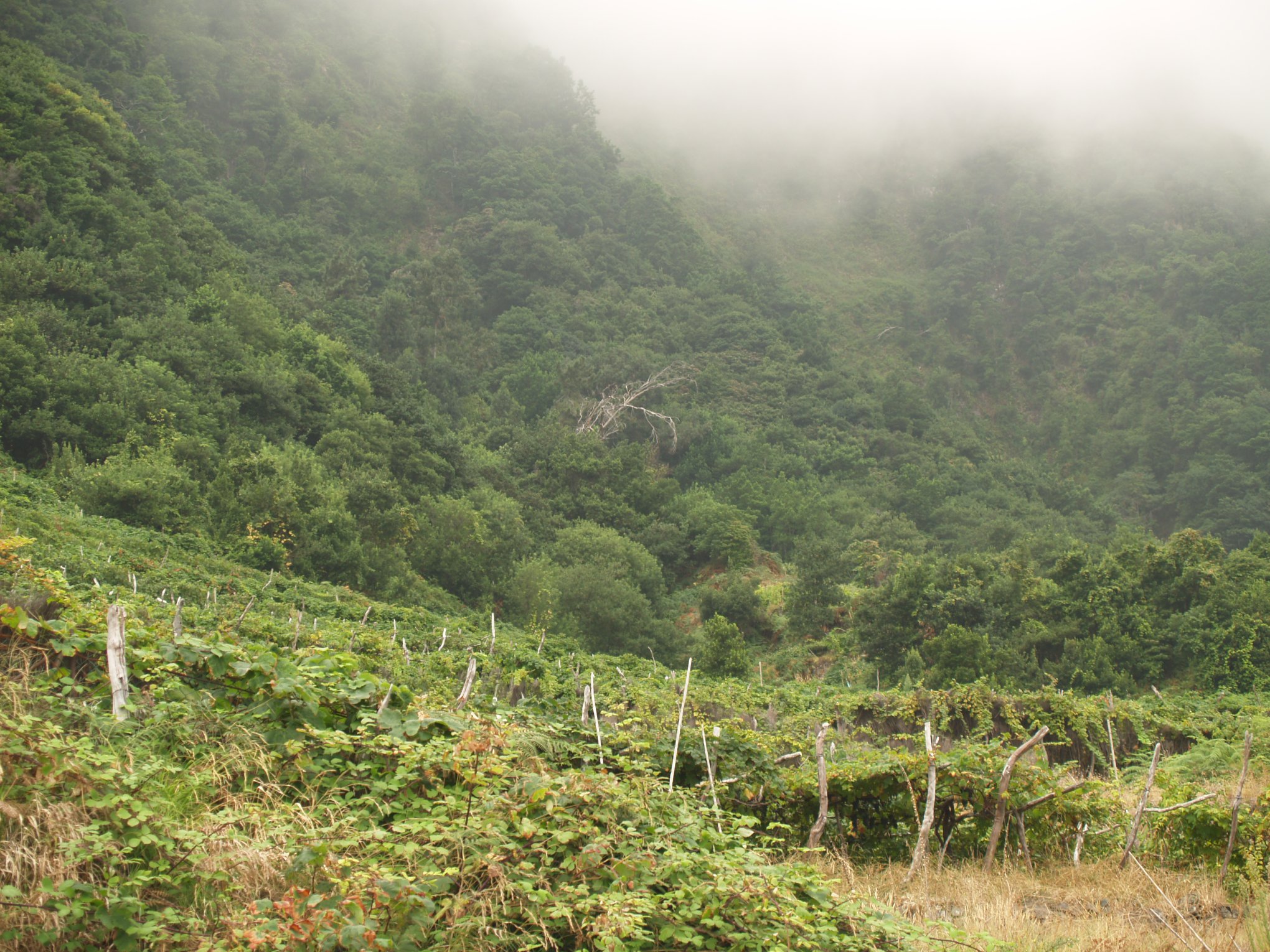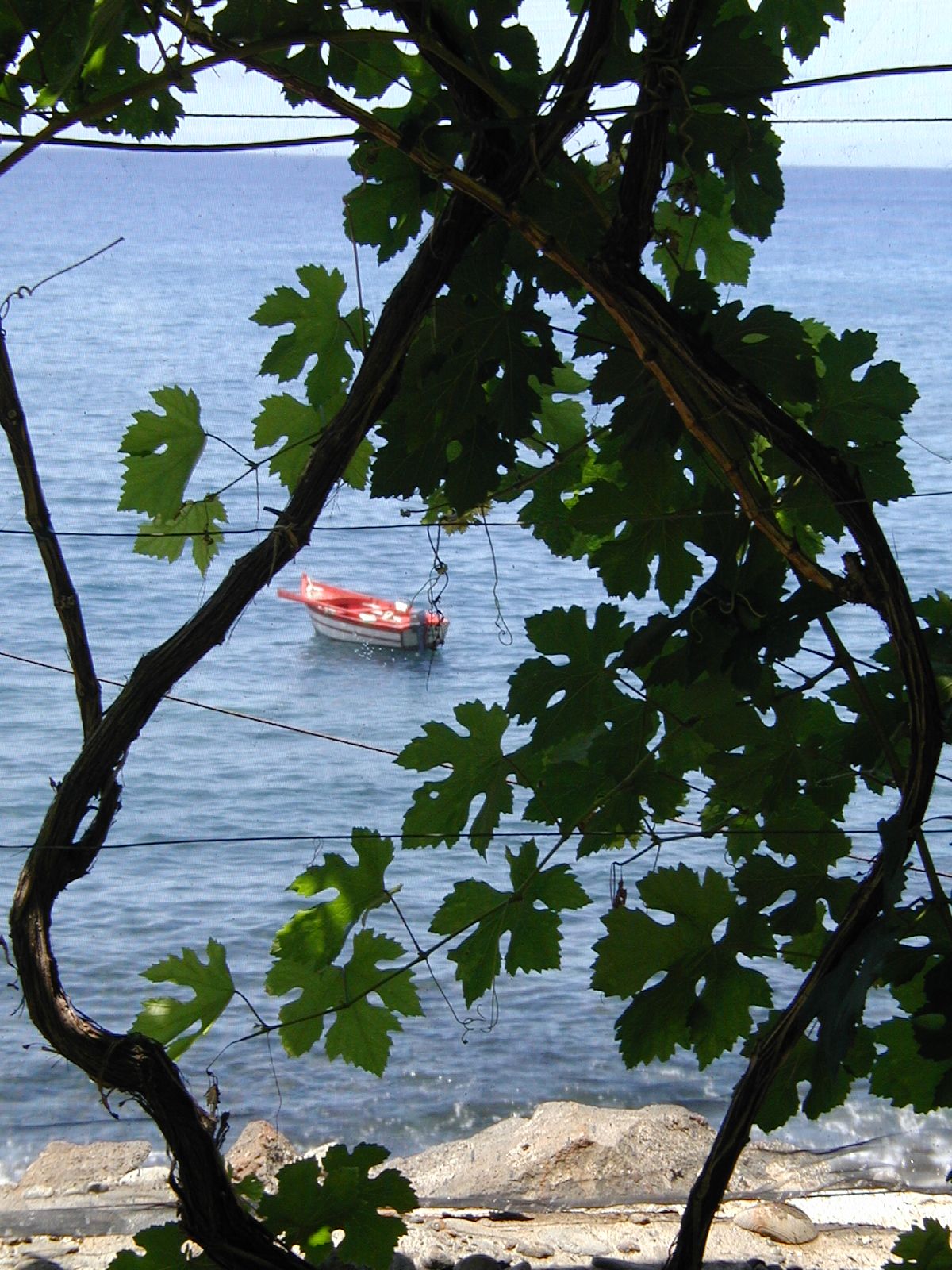PEREIRA, Eduardo, “Ilhas de Zargo”, Funchal, 1967, pp. 58-559.
The vineyard. Inevitably. Or wine and bread were not needed for the Christian ritual of the first settlers. Or wine and bread were not needed for the daily meals.
In the middle of the 15th century, with the occupation process and use of the island, strains from the kingdom were introduced and, later, from the Mediterranean. The landscape were transformed: from the escarpments, cultures sprout and the dense grove was cut to build houses and erect trellises, lacing the terraces that man was building.
For more than three centuries, the vineyard was conquering the land and the mountain, taking the place of the crops and cane fields, and wine became an important product in the agricultural activity of Madeirans. The documentation of the 18th and 19th centuries considers it the main wealth of the Island.
The English merchant, installed here since the 17th century, knew how to take advantage of this “nectar of the gods”, bringing it to the table of his compatriots spread throughout the colonial world - in Africa, Asia and America.
History, however, betrayed us: the 19th century brought the markets crisis and the disease of the vineyard; brought neglect with the quality of the grape varieties; it brought misery and emigration.
Today, the wine market is diverse. Tourism came to open the future for it; official bodies ensure its quality; the denomination and brand “Madeira” are recognized worldwide.
Wine has become a common theme, captivating poets and literati. Today, wine is a cultural issue, with an increasing number of audiences interested in knowing its history.
A toast? Carefully.
To know more:
VIEIRA, Alberto, History of Madeira Wine, Documents and Texts, CEHA, Funchal, 1993.
VIEIRA, Alberto, The Vine and Wine in the History of Madeira, 15th to 20th centuries, CEHA, Funchal, 2003.
HANCOCK, David, Oceans of Wine, 2009.
Texts and research:
Photography: Paisagens
Re-nhau-nhau




